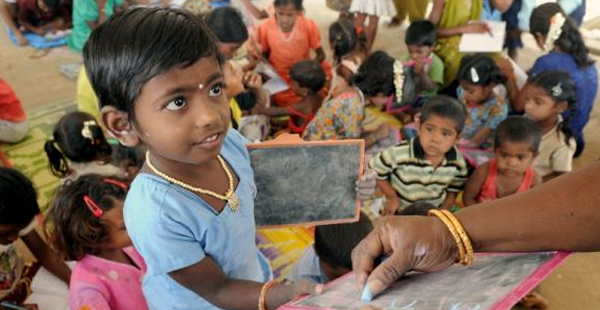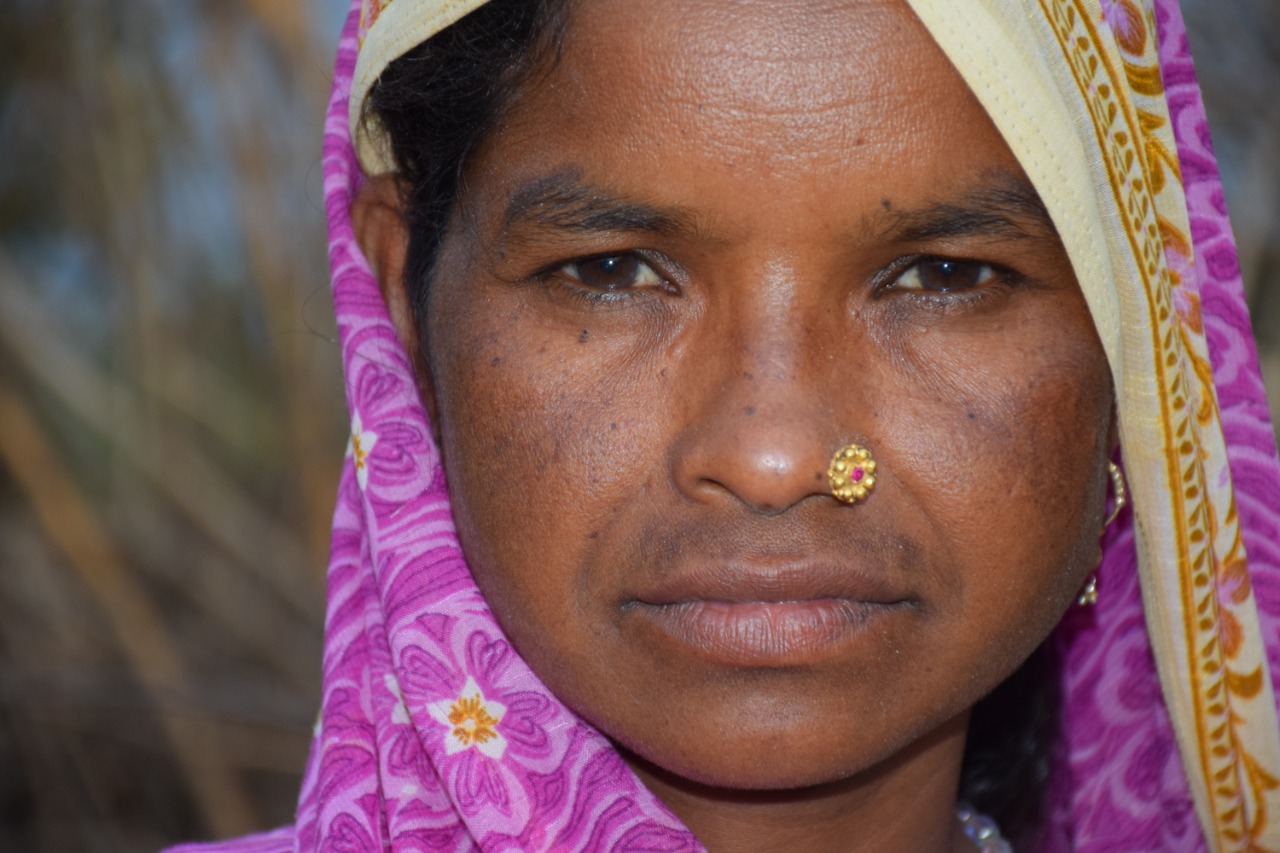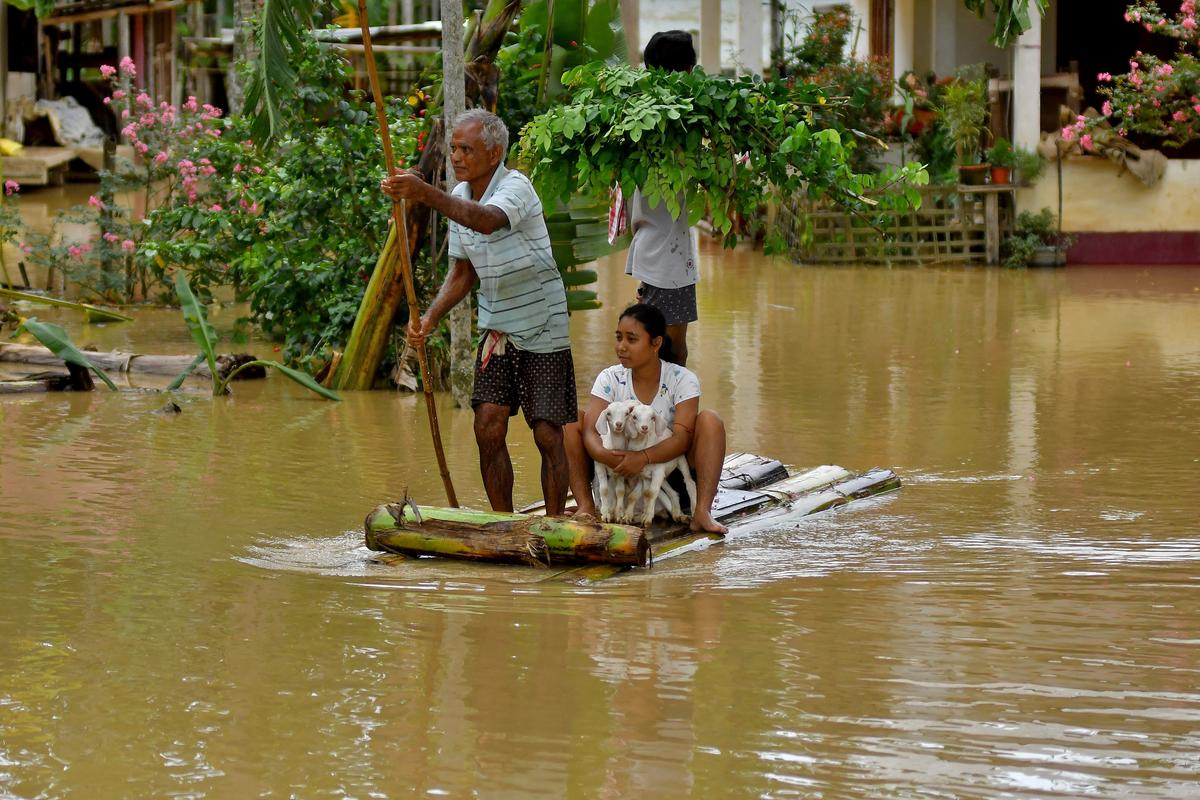CASA BLOGS

The Work As An Education Trust For Poor Students In India
Education is a fundamental human right that enables individuals to develop the skills and knowledge necessary to lead productive and fulfilling lives. However, access to education is not equal for everyone, particularly in India, where poverty and social inequality often limit educational opportunities for disadvantaged children. Education trusts for poor students in India aim to address this issue by providing financial assistance and support to underprivileged students who are unable to afford quality education.
Education trusts are non-profit organizations that work to provide educational opportunities to underprivileged students. These trusts provide financial assistance in the form of grants, and loans to students who would otherwise be unable to afford education. Education trusts for poor students in India also provide mentoring, career guidance, and other support services to help students succeed in their academic pursuits.
One of the key functions of education trusts is to identify deserving students who need financial support. This is often done through a rigorous selection process that takes into account factors such as academic performance, financial need, and social background. Education trusts for poor students in India may also partner with schools, colleges, and other educational institutions to identify students who require assistance.
Once students are selected, education trusts provide financial assistance to cover the cost of tuition fees, books, and other educational expenses. Some education trusts may also provide housing, food, and other living expenses to students who need it. In addition to financial assistance, education trusts may also provide students with academic support, such as tutoring and study materials.
Education trusts for poor students in India also provide career guidance and mentoring to help students make informed decisions about their future. This includes helping students identify their interests and strengths, exploring career options, and providing guidance on how to pursue higher education or enter the workforce. Education trusts may also connect students with professionals in their field of interest and provide opportunities for internships and job shadowing.
The Church Auxiliary for Social Action (CASA) is a non-governmental organization that operates as an educational trust for poor children in India. The organization is committed to providing educational opportunities and support to underprivileged children in India, particularly in rural areas and slums.
CASA’s educational initiatives include vocational training programs, and community-based education programs. The organization provides financial assistance to poor students to help them pay for school fees, books, uniforms, and other educational expenses. CASA also offers vocational training programs to help young people acquire the skills they need to find gainful employment and support themselves and their families.
One of the most innovative programs offered by CASA is the community-based education program. This program aims to reach out to children who are not able to attend school due to various reasons, such as poverty, lack of transportation, or social stigma. CASA sets up learning centers in the community where children can receive basic education and life skills training. The organization also works with local teachers and volunteers to provide educational materials and support to children in these centers.
In addition to its educational initiatives, CASA also works on several other social and community development projects. These include healthcare programs, disaster relief, and livelihood programs for vulnerable communities. The organization also conducts awareness campaigns and advocacy work on issues such as child rights, gender equality, and social justice.
CASA also collaborates with various government and non-governmental organizations to maximize its impact and reach. The organization has formed partnerships with local schools, government agencies, and other NGOs to provide educational support to the children. CASA also advocates for policy changes that can improve the access to education for underprivileged children in India.
CASA’s work has had a significant impact on the lives of many children in India. The organization has helped thousands of children access education and build a brighter future for themselves and their families. Many of these children come from backgrounds where education is not considered a priority due to poverty, gender discrimination, or social stigma. CASA’s initiatives have provided them with a safe and supportive learning environment, access to educational materials, and career guidance that they may not have otherwise received.
One of the major challenges that CASA faces is the lack of resources to support its initiatives. The organization depends heavily on donations from individuals and corporations to fund its programs. CASA also faces bureaucratic hurdles and opposition from vested interests that can impede its efforts to expand its reach and impact.
Despite these challenges, CASA continues to make a positive impact on the lives of underprivileged children in India. The organization’s commitment to providing access to education, vocational training, and other forms of support is helping to break down barriers and create opportunities for disadvantaged communities. CASA’s work is a testament to the power of education to transform lives and build a better future for all.
Overall, CASA’s educational initiatives are helping to break down barriers to education and provide opportunities for underprivileged children in India. Through its innovative programs and partnerships with local communities, CASA is making a difference in the lives of thousands of children and helping to build a brighter future for India.
In conclusion, education trusts for poor students in India play a vital role in providing access to quality education to underprivileged children who would otherwise be unable to afford it. These trusts provide financial assistance, academic support, and career guidance to help students succeed in their academic pursuits and achieve their career goals. By providing education to disadvantaged students, education trusts are helping to create a more equitable and just society.
 Previous Blog Post The Unequal Struggle- NGO Supporting Women’s Rights
Previous Blog Post The Unequal Struggle- NGO Supporting Women’s RightsFeatured Post

Mental Health Awareness in India: Addressing Key Challenges
8 Nov 2024
Mental health awareness is crucial in India, where millions silently struggle with mental health disorders, including depression, anxiety, and bipolar disorder. Despite growing recognition, India faces unique challenges in effectively addressing mental health issues. The stigma associated with mental illness remains a primary barrier. In Indian society, mental health issues are often misunderstood, leading to […]

Ensuring Girls’ Safety in India: A Path Toward Empowerment
20 Aug 2024
Girls’ safety in India remains a critical issue that has garnered increasing attention over the years. Despite various reforms and efforts from both government and civil society, challenges persist. From street harassment to domestic violence, gender-based discrimination continues to limit the freedom and safety of girls. While significant progress has been made in addressing these […]

The Connection Between Monsoons and Floods in India: An In-Depth Analysis
9 Jul 2024
India, a land of diverse climates and geographical features, relies heavily on the monsoon season for its agricultural and water resources. However, with the benefits of the monsoon rains come significant challenges, particularly in the form of floods. This blog explores the intricate relationship between the monsoon season and flooding in India, providing detailed insights […]




Leave a Reply
You must be logged in to post a comment.